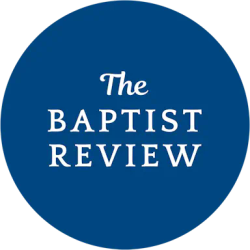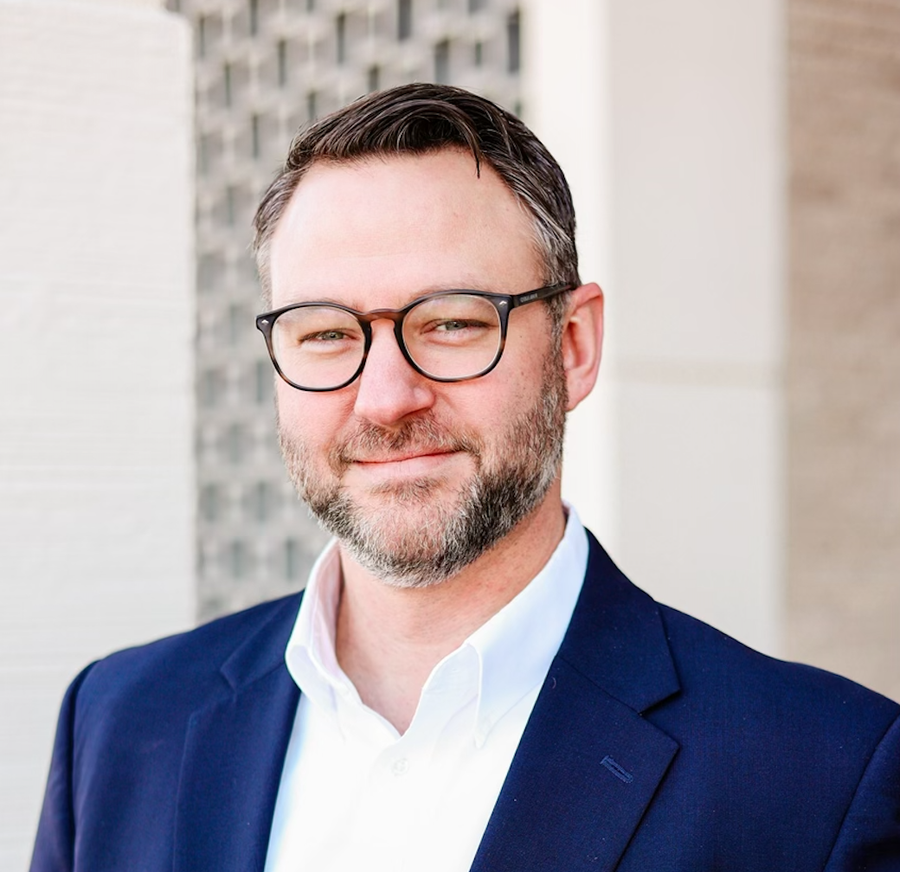Should every pastor be a theologian and every theologian be a pastor? I believe so, as long as we define what we mean. It is inescapable that every pastor is a theologian. We open God’s Word and declare truth, and we do this through a theological lens. And, ideally, every theologian would be pastoral. If the fundamental aim of the theologian is to train up pastors, then they should at least possess the desire to shepherd well.
But what does it mean for a pastor to be a theologian in a more intentional sense? It means that theology pervades our entire ministry. Theology should fill our preaching, undergird our leadership, and provide the basis for our counseling and shepherding. The great tradition of our faith is full of these pastor-theologians. One need only think about the legacies of Augustine of Hippo, Martin Luther, John Calvin, and Jonathan Edwards. It was not until the advent of the modern university that theologians became separated from the church, and this to the detriment of both theology and the church. Historically, pastors were first-rate theologians, and their study of theology made them better pastors.
Here are a few practical ways to become a pastor theologian.
1. Train
To be a theologian starts with sitting under theologians at seminary. You need experts to give you a guided tour through history, theology, and biblical studies. It is there that you will learn the biblical languages so that you can dissect the text in the original languages. As Professor Peter Gentry quips, “Without morphology, there is no theology.” We are a textual people, therefore theology must begin with the text of Holy Scripture. Too many budding theologians are more steeped in secondary sources (however great they might be), but they are not saturated with the Bible. This should not be. Precious few have mastered the Bible, let alone studied Greek and Hebrew, without going to seminary. One should not style himself a theologian if he has not taken the first humble step of sitting under experts and learning the classic fields of theology. As we call up the next generation to pastoral ministry, call them to study at seminary.
2. Read
Ministry is a reading sport—we read a lot. Above all else, read the Book. Charles Spurgeon said, “Visit many books, but live in the Bible.” Pastor, you will never be a theologian by reading books of theology to the neglect of Scripture. Only when the Bible is our main diet should we be voracious readers of other books. John Wesley once told a group of aspiring ministers, “Read or get out of the ministry.” We cannot be theologians without the reading of many books. And read widely. I mean this both in terms of history and disciplines. We are all familiar with C. S. Lewis’s charge to avoid “chronological snobbery.” Our age will err in a multitude of ways, but reading books from the past allows us to rise above the current debates so that we can see the faith once for all delivered to the saints.
We also need to read a vast array of topics. Many of us have our own pet doctrine, discipline, or delight in reading. Good theologians specialize in one area and direct all their reading to that end. Great theologians learn across a broad spectrum of topics then synthesize their learning. You can only do this if your appetite is diverse. Study counseling, Greek grammar, patristics, hamartiology, Greco-Roman history, and modern sociology. Read primary sources and the best secondary sources. Read monographs and journal articles, but also introductions and theological dictionaries. One area in which I need to improve is reading fiction, because the best preachers are storytellers. Story is an important vehicle for communicating deep theological truths. Just read Flannery O’Connor to see this.
3. Write
Writing forces you to think deeply. Whether it was Augustine of Calvin who said it, though I am sure they both shared the sentiment, “I count myself one of the number of those who write as they learn and learn as they write.” This does not mean that you have to write books, articles, or essays. You do not have to create your own blog (are those still a thing?), or start a new podcast (please don’t!). You do not have to publish for TGC, Christianity Today, or any other outlet, though you might have this opportunity. One practical way I write weekly is to manuscript my sermon. This forces me to think through the text exegetically and theologically before I think about how to illustrate and apply the text. Writing focuses the sermon on a thesis statement, or big idea, and then supporting points. Have you wrestled through the theological implications of the text? Others of you may write theological papers for your congregation or even journal. Do not undervalue the importance of writing to become more theologically minded.
4. Listen
Redeem the time. On your commutes, at the gym, while taking a walk, you have access to some of the brightest minds alive, both within evangelicalism and in the broader world, through podcasts and audiobooks. Again, I would recommend varying your intake. I have enjoyed everything from Michael Duncan’s The History of Rome to Matt Barrett’s Credo podcast. Also, audiobooks increase our ability to read more (and yes, this counts as reading!). I typically read memoirs, biographies, or humorous literature on Audible, though I have not found it conducive for reading weightier books.
Conclusion
I am encouraged by the resurgence of the pastor-theologian spirit, a recovery that signals health for the church of tomorrow. But I must sound a warning: I beg you, brother pastor, not to sacrifice your flock so that you might become a known theologian. Precious few can shoulder the weight of preaching, pastoring, and leading, while also writing books and articles. Something will suffer, and in a day of platform building, it is usually the flock or the family. We must not. Your worth as a pastor is not connected to your ability to publish—it is in the faithfulness to the people God has placed in your life.
To be a pastor-theologian is above all else to love God and to love people. And we do this through the training up of the mind so that we can fill the lives of others. Now, to the study!
Baptists are navigating treacherous issues. Digital technology is good at several things, but it is not good at the things that matter most. We dare not become a convention known primarily for our social media imprint. In a lonely, disembodied era, we must press forward toward being present, in our churches and our entities.
Editor's Note: As a part of its commitment to fostering conversation within the Southern Baptist Convention, the Baptist Review may publish editorials that espouse viewpoints that are not necessarily shared by the TBR team or other contributors. We welcome submissions for responses and rebuttals to any editorials as we seek to host meaningful conversations about the present and future of our convention.


